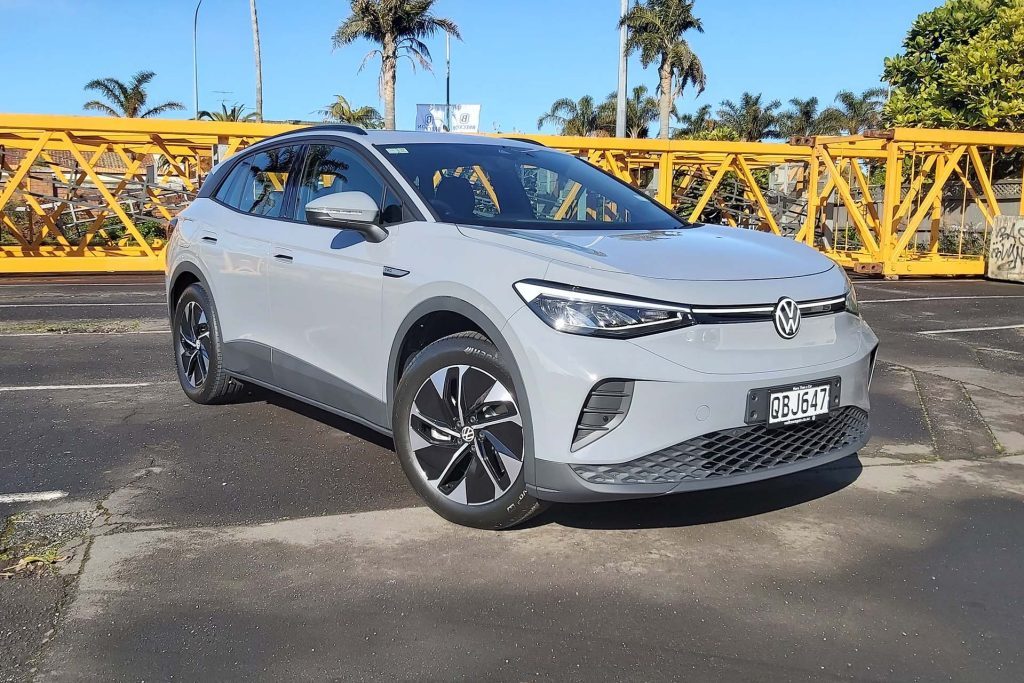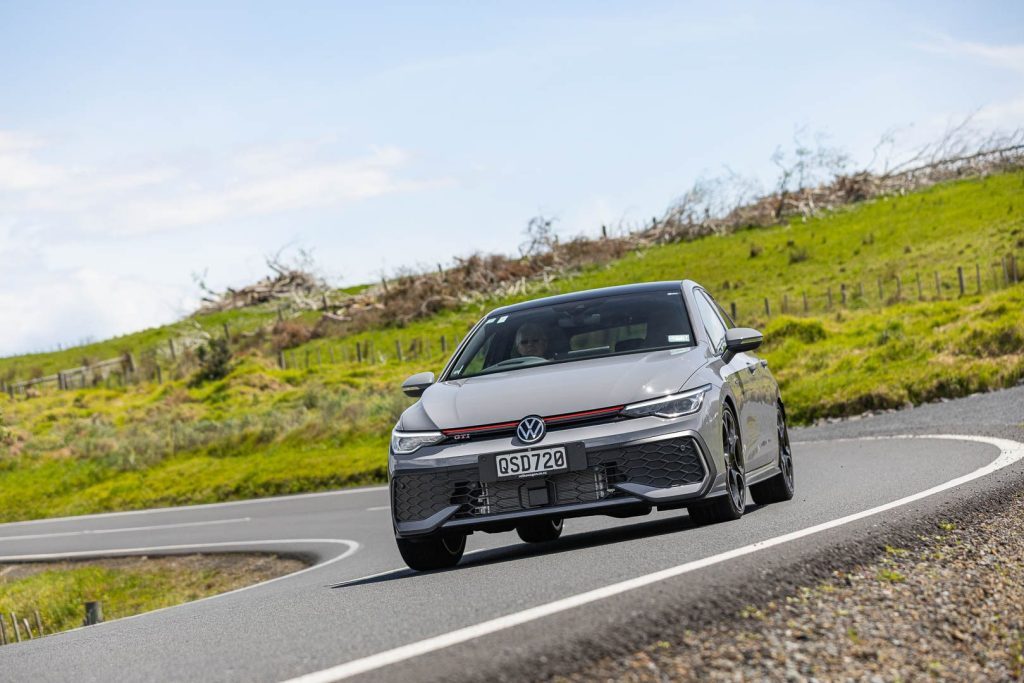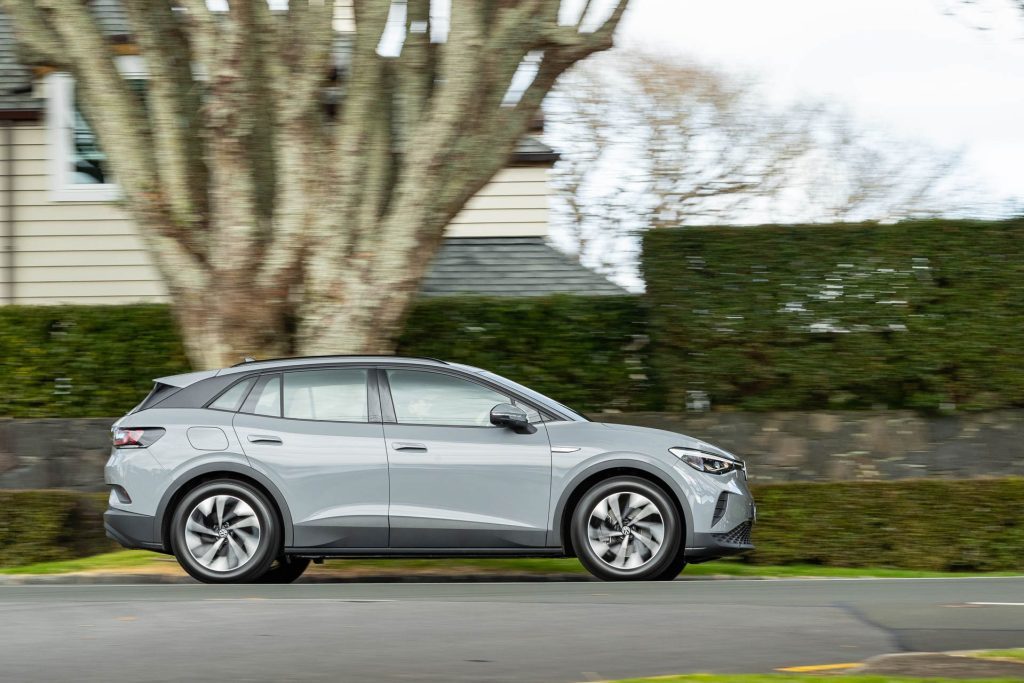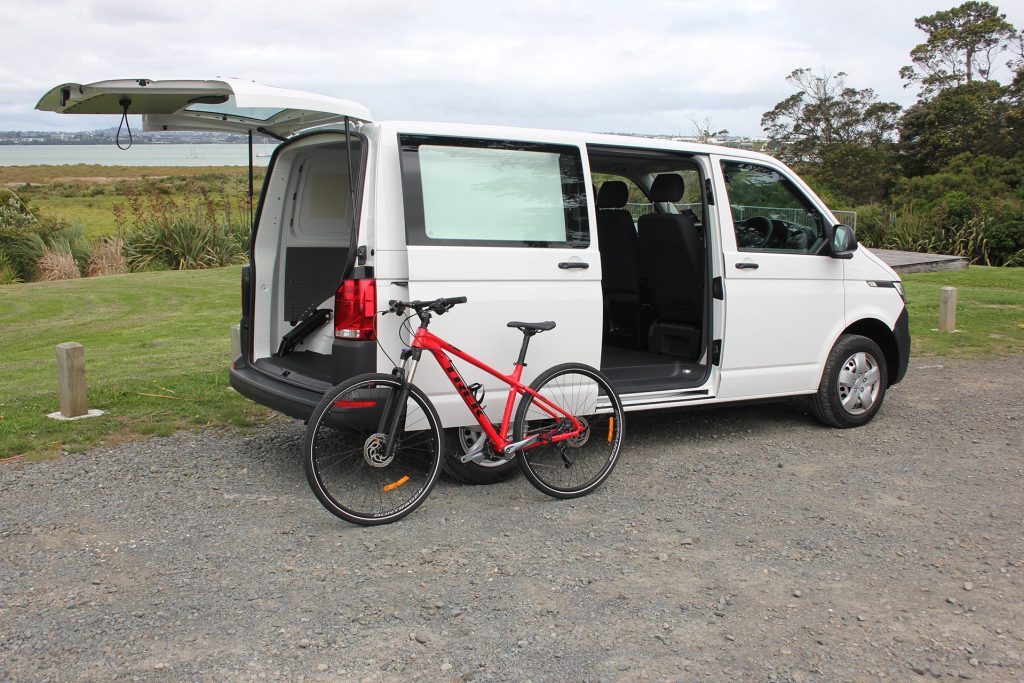Volkswagen suffers a $1.5b tariff hit in first half of 2025
Words/Images NZ Autocar
Volkswagen has reported a $1.5b first-half hit from tariffs as a result of US President Donald Trump’s trade war. It has cut its full-year sales and profit margin forecasts as a result.

Global automakers are now booking billions of dollars of losses and some have issued profit warnings due to US import tariffs. The European industry is also facing stiffening competition from China. Meantime, domestic regulations aimed at speeding up the electric vehicle transition are also having an effect on profitability.
Volkswagen, Europe’s biggest carmaker, now expects this year’s operating profit margin to be four to five per cent. That’s a percentage point down on its previous forecast. Full-year sales will now likely to be similar those of 2024.

Volkswagen shares dropped by over four per cent following the announcement. But they recovered as the day progressed. That’s because investors had anticipated the tariff fall out. The market was calmed by assurances that Audi and Porsche would recover next year following significant losses in the second quarter.
CEO Oliver Blume told investors that company will accelerate its cost-cutting efforts in response to the tariffs.
“We cannot assume that the tariff situation is only temporary,” Blume said.

Volkswagen is pressing European trade negotiators to strike a deal to reduce a 25 per cent tariff that they have faced since April.
EU diplomats have suggested that the group is moving towards a broad 15 per cent tariff. It wishes to avoid a threatened 30 per cent levy from August 1. Trump agreed a 15 per cent tariff deal struck between America and Japan earlier this week. It raised hopes that a similar agreement might be in store for Europe.
Finance chief Arno Antlitz declined to comment on price increases when pressed by investors on how the company planned to protect its margins against tariffs.
Volkswagen reported an operating profit of 3.8b Euros in the quarter ended June 30. That’s down 29 per cent on the previous year. The firm cited tariffs and restructuring costs as reason for the drop, along with higher sales of lower-margin EVs.

While Volkswagen was able to boost deliveries globally by 1.5 per cent in the first six months of 2025, the group saw a decline of almost 10 per cent in deliveries to the United States.
North American sales revenue accounted for 18.5 per cent of the carmaker’s global sales in the first half.
Car sales data for June highlighted a broader slowdown in Europe’s struggling auto sector. Volkswagen is among these and is undergoing a major overhaul, cutting 35,000 jobs by the end of the decade.
Porsche and Audi are particularly exposed to US tariffs as they have no production there. In the second quarter, Porsche’s operating result plunged by over 90 per cent to 154m Euros and Audi’s by 64 per cent to 550m Euros.
“For both companies, Audi and Porsche, we are expecting that we will touch the bottom this year with positive momentum from 2026 onwards,” Blume said.





